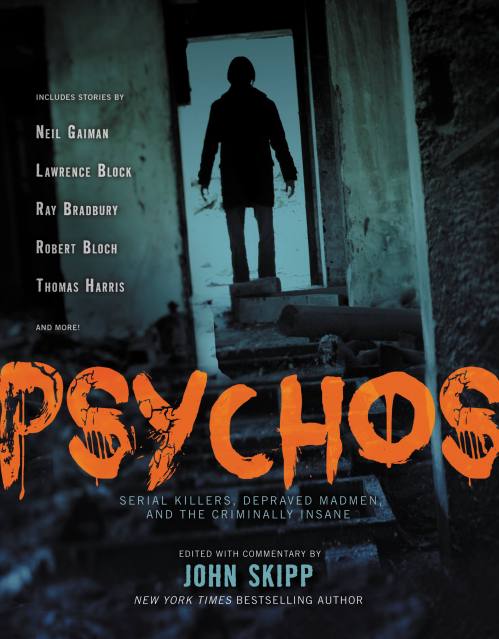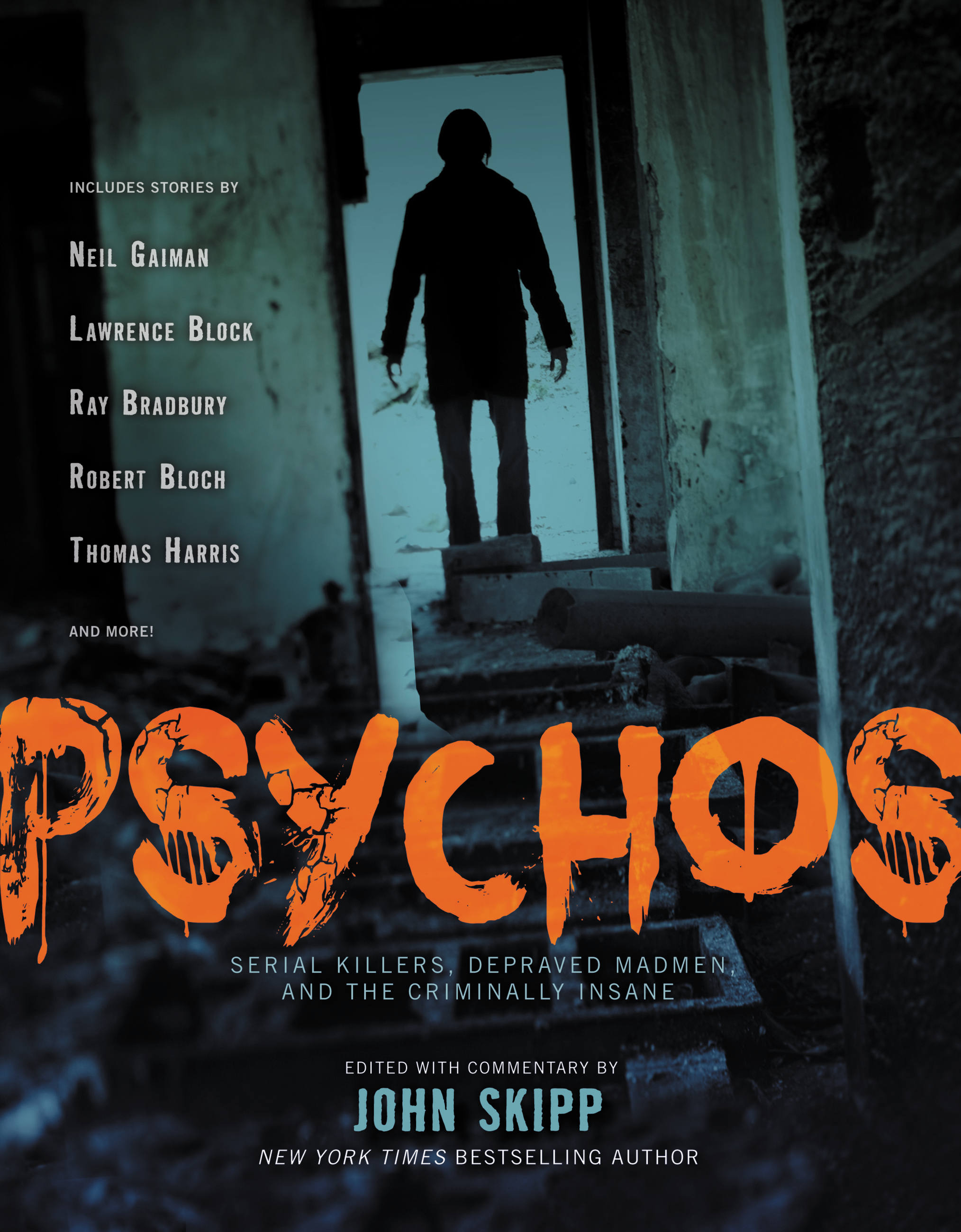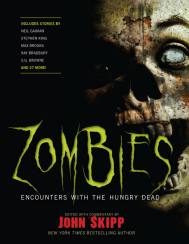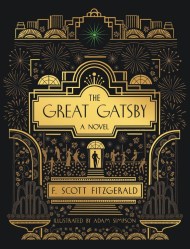Promotion
Use code MOM24 for 20% off site wide + free shipping over $45
Psychos
Serial Killers, Depraved Madmen, and the Criminally Insane
Contributors
Contributions by Neil Gaiman
By John Skipp
Contributions by Lawrence Block
Contributions by Ray Bradbury
Contributions by Joe R. Lansdale
Contributions by Edgar Allan Poe
Contributions by Jim Shepard
Contributions by Richard Connell
Contributions by Amelia Beamer
Contributions by Joan Aiken
Contributions by Laura Lee Bahr
Contributions by William Gay
Contributions by Jack Ketchum
Contributions by Mercedes M. Yardley
Contributions by Steve Rasnic Tem
Contributions by David J. Schow
Contributions by Leah Mann
Contributions by Kevin L. Donihe
Contributions by Leslianne Wilder
Contributions by Norman Partridge
Formats and Prices
Price
$12.99Price
$15.99 CADFormat
Format:
ebook $12.99 $15.99 CADThis item is a preorder. Your payment method will be charged immediately, and the product is expected to ship on or around September 25, 2012. This date is subject to change due to shipping delays beyond our control.
Also available from:
From Hannibal Lecter (The Silence of the Lambs) to Patrick Bateman (American Psycho), stories of serial killers and psychos loom large and menacing in our collective psyche. Tales of their grisly conquests have kept us cowering under the covers, but still turning the pages.
Psychos is the first book to collect in a single volume the scariest and most well-crafted fictional works about these deranged killers. Some of the stories are classics, the best that the genre has to offer, by renowned writers such as Neil Gaiman, Amelia Beamer, Robert Bloch, and Thomas Harris. Other selections are from the latest and most promising crop of new authors.
John Skipp, who is also the editor of Zombies, Demons and Werewolves and Shapeshifters, provides fascinating insight, through two nonfiction essays, into our insatiable obsession with serial killers and how these madmen are portrayed in popular culture. Resources at the end of the book includes lists of the genre’s best long-form fiction, movies, websites, and writers.
Genre:
- On Sale
- Sep 25, 2012
- Page Count
- 608 pages
- Publisher
- Black Dog & Leventhal
- ISBN-13
- 9781603763172
Newsletter Signup
By clicking ‘Sign Up,’ I acknowledge that I have read and agree to Hachette Book Group’s Privacy Policy and Terms of Use







